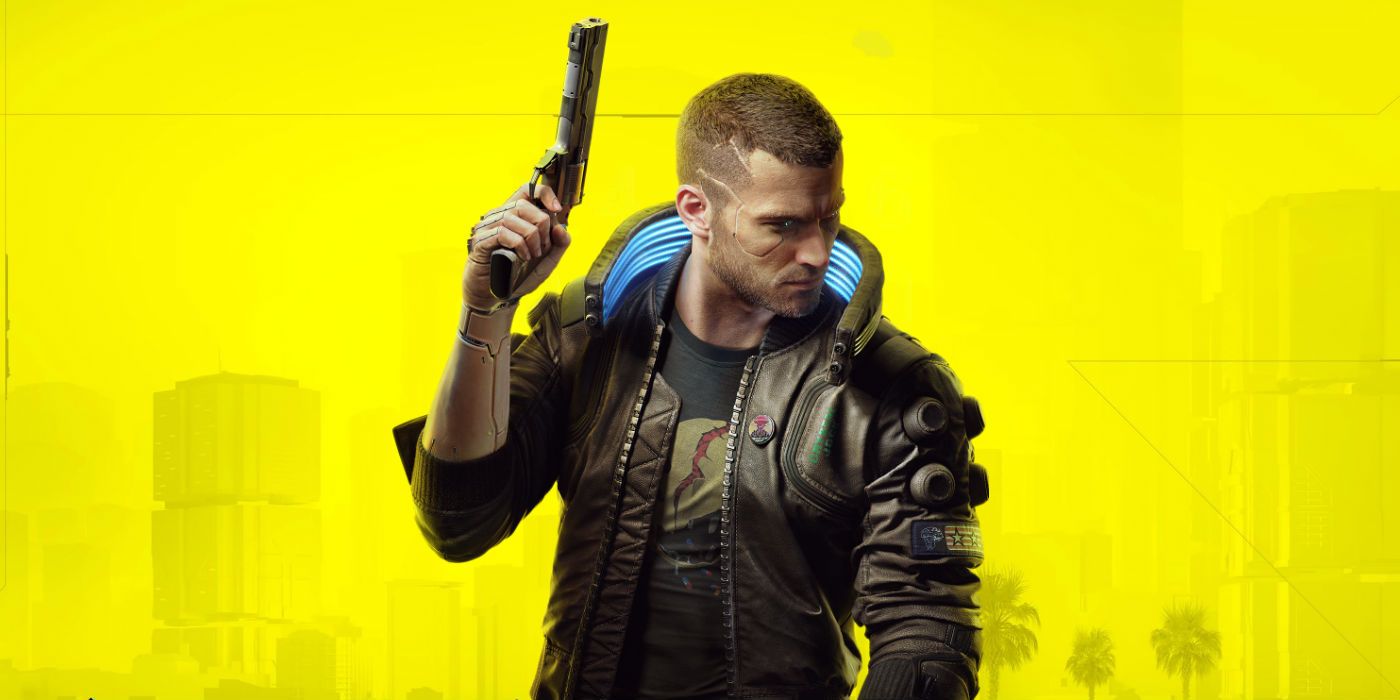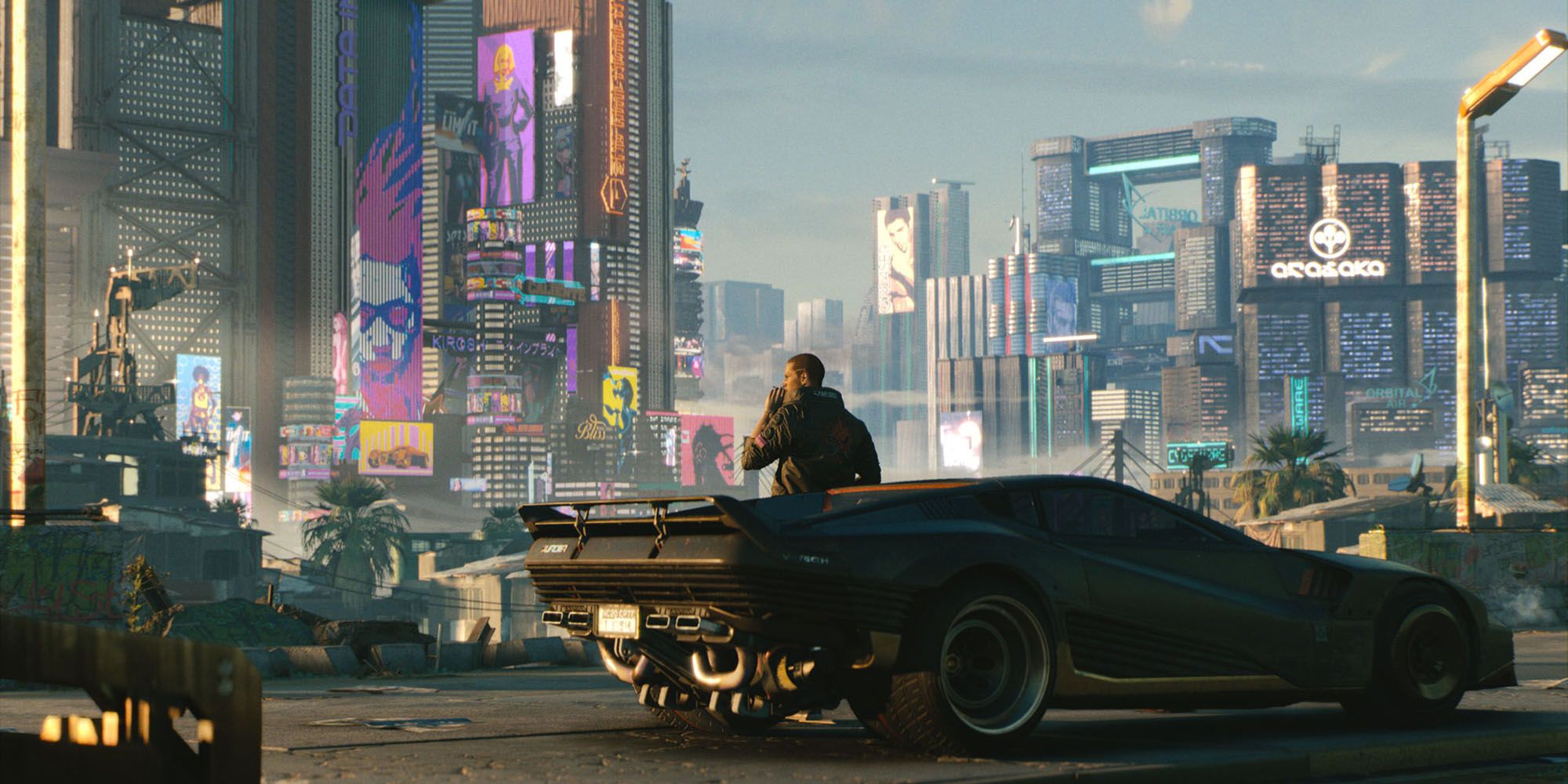With the news that Cyberpunk 2077 will feature microtransactions, some gamers are concerned that the choice will impact their enjoyment of one of 2020's most highly-anticipated titles. The decision was mentioned in a CD Projekt Red conference call in which the developer claimed that these would be implemented in a way that "wouldn't upset gamers" but instead "make [them] happy." But while microtransactions, understandably, rub many gamers the wrong way, their presence here shouldn't have gamers worried.
For one, the single-player game play experience will be unaffected. CD Projekt Red has clarified in a tweet that the microtransactions will be limited to the multiplayer component of the game, something that will be a "separate project." No other details on that are available, but CD Projekt Red has reaffirmed that they will respect player's financial support, something the developer has proven in the past.
It's understandable why the inclusion of microtransactions in any context is disheartening for some players. Though, ideally, all content would be unlockable for free through gameplay, additional charges for more content have become a staple of online multiplayer experiences. The most infamous case of this is Star Wars Battlefront II, which was heavily criticized for its incredibly invasive practices which locked playable characters in loot crates that could only be obtained through lots of in-game grinding or simply paying real money for more. The outcry from critics and players was so severe that the publisher later removed the system entirely.
However, other games have introduced sound and player-friendly microtransactions that prove the practice can be implemented in a respectful manner. Counter-Strike: Global Offensive is a prime example. Although the game features a loot crate system that offers exclusives unlockables, the contents are solely cosmetic and do not affect actual gameplay. On top of this, players aren't required to continue to purchase crates for a skin they want, as they can buy them directly from the Steam market. Players can even resell items, possibly for a profit. And while CS:GO is notorious for cosmetics that can be priced at thousands of dollars, they solely serve as customization options that are entirely optional and don't affect gameplay.
Cyberpunk 2077's online will likely fall on the CS:GO side of the spectrum given CD Projekt Red's history. It has proven itself to be a developer that keeps its customer's interests in mind. In addition to paid expansions that were full of new content, The Witcher 3: Wild Hunt had various free DLC updates that added new quests, armor sets and even Gwent cards to the game with no extra charge. Plus, its next-gen rerelease will be free to those who purchased it on current platforms.
Such courtesies not often granted in the gaming industry, as charging for add-ons and rereleases has become common practice. Plus, the developer's difficult decision to delay Cyberpunk 2077 several times despite knowing this would cause some disappointment proves the studio cares about delivering the best, most polished final product possible. While gamers may be justified in their reaction to hearing the term "microtransaction," CD Projekt Red has built up enough good faith though its consumer-minded practices to deserve the benefit of the doubt here.


